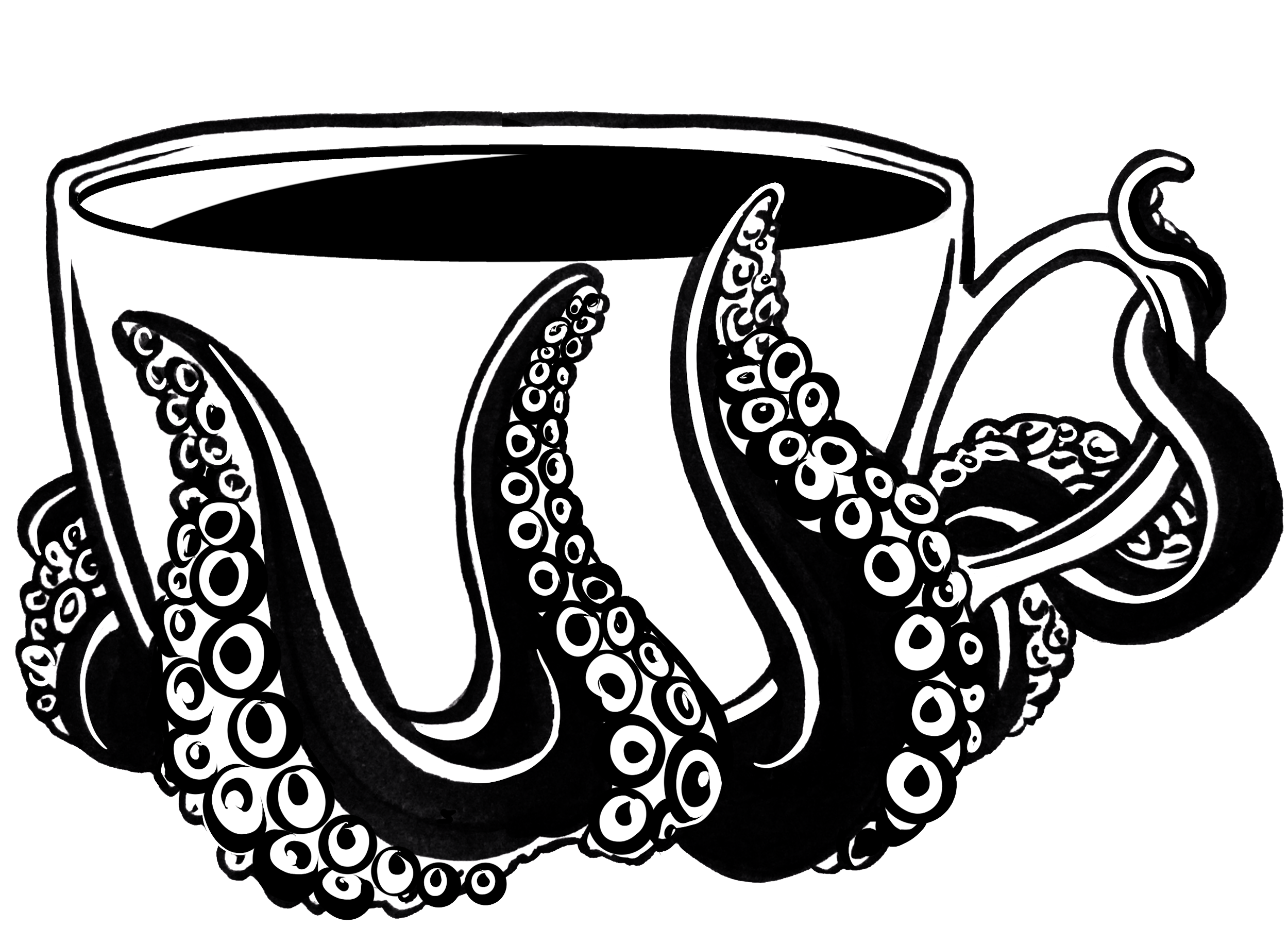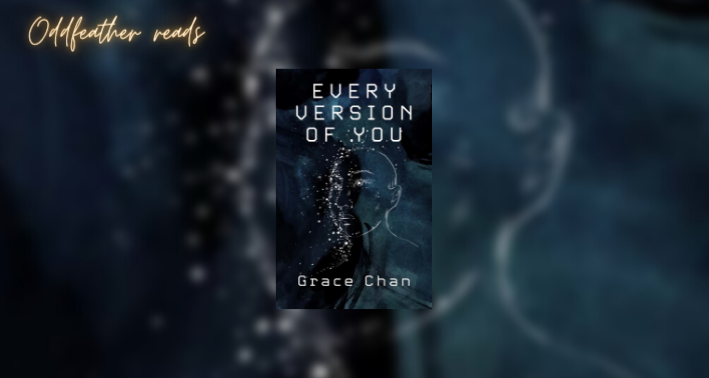An exploration of the spaces and boundaries between digital and physical selves.
Grace Chan’s sci fi debut novel Every Version of You uses a simple premise to explore the limits of the mind and technology, and the strange spaces and shifting boundaries between digital and physical selves. Tao-Yi is a twenty-something living in Melbourne with her partner Navin in the not too distant future. Both of them work and largely live in Gaia, a virtual, online world that they log into for most of each day, their bodies held safely in pods filled with nutrient-rich, muscle stimulating, waste-extracting gel. In Gaia they work regular jobs, socialise, eat, travel, and live full and interesting lives through their neural avatars. Navin feels most at home in the virtual world, away from the pain caused by an illness that affects his whole body. But Tao-Yi does not feel at home in Gaia. She cannot reconcile that food is not real, that the perfectly smooth, unblemished, un-aging appearance of their avatars does not reflect their true physical selves.
Through a series of flashbacks we see Tao-Yi and Navin buy their pods and log into Gaia for the first time. We see them meet and fall in love in the real world, and then gradually move more and more of their lives online as technology progresses and the world rapidly changes. And we also see Tao-Yi’s memories from before Gaia, from before her life in Australia, when she and her mother lived in Malaysia with her aunt and uncle. Another aspect of the digital-versus-real that Tao-Yi struggles to reconcile is that the traditions of her family and identity as a Chinese-Malaysian-Australian exist in personal, familial, often undocumented spaces, like how she should write her name in Chinese script. She can look it up online, but there are many variations, and she does not know which is right for her in the context of her family and identity.
This book asks some very difficult and prevalent questions about the limits and edges of technology, the self, identity, relationships, personal history, and mortality, all in the context of the virtual versus the real. At one point Tao-Yi emerges from Gaia and her pod on the evening of her and Navin’s anniversary, and she catches sight of a vase that her mother has just given her, which used to belong to her Poh-Poh. She reflects that the orange snapdragons that Navin gave her earlier that day while they were in Gaia will never be able to sit in the vase, because they exist in different places, destined to never meet.
Then, when technology advances even further, Navin, their friends, and almost every other person on earth Upload themselves into Gaia permanently, becoming transcendent, immortal, neural-imprints of themselves. But Tao-Yi is not sure she wants to leave her physical self, and the real world, behind for good. The questions and insights raised by this book are brilliantly wrought by Chan’s vivid descriptions of sensory moments. Tao-Yi sits on a virtual beach at sunset on New Year’s Eve and watches the waves lap in a perfect, unending pattern that is far from natural. She eats spicy noodles at a virtual food vendor with her friends, enjoying flavours and ingredients that no longer exist in the climate change-ravaged real world. She engages in a ritual with her mother, honouring her ancestors with food and incense, none of which is digitally perfect but is perfect for existing in that moment, in that place, in her mother’s real apartment.
This is a deep and thoughtful book that explores questions and situations that will only grow more real over the next few decades, set in a world that is even further gone than the one we know now. Ultimately, it asks: when reality is falling apart, do we completely give it up for fake perfection? What does a mind, a self, a relationship look like when it has no physical or environmental limitations? And what does the earth look like when most humans have functionally vanished?
Chan approaches this highly relevant, fascinating premise from a perspective of caution and uncertainty. Tao-Yi does not hate Gaia, does not buy into any conspiracy theories or religious dogma preventing her from Uploading herself. Every Version of You is the story of her coming to understand what it all means, what leaving a body behind is like for others and what it could potentially be like for herself, but it’s told through her sensory experiences, her personal history and relationships, and introspection about who she is, what she loves, and what she wants. Chan has used a seemingly simple premise to explore deep questions about what it means to be a person, and how that personhood shrinks and expands and grows and changes, and what that would look like if the self were copied into a digital format and altogether removed from the physical world.
This review was first published on ArtsHub.





